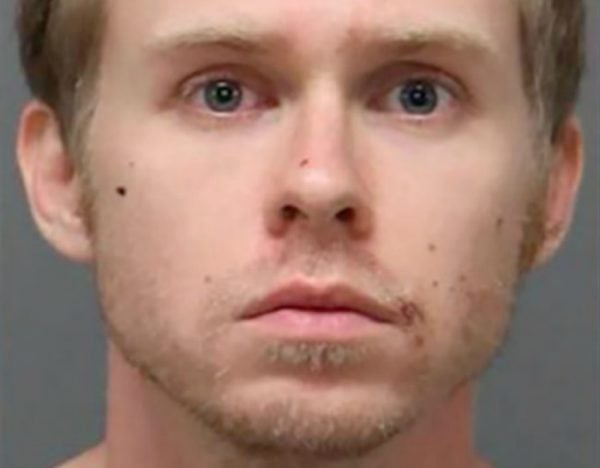There was nothing particularly notable about the evening. Matthew had been having trouble sleeping, so decided to have some Coricidin Cough and Cold medicine because, he said, “I know it can make you feel good”.
Otherwise, there was no indication that at 1:10am, early on Saturday morning, Matthew would be calling 911, telling an operator “I think I killed my…”
One night in 1943, 16-year-old Jo Ann Kiger was struck with an intense and vivid dream that people were breaking into her home and murdering her family. As she slept, Jo Ann retrieved two revolvers from the family home and fired at the imagined intruders. Instantly, she killed her father and 6-year-old brother, while severely injuring her mother.
In 1987, Kenneth James Parks, a 23-year-old Toronto man, got up from his bed in the early hours of the morning and drove 23 kilometres to the home of his much-loved in-laws. When he arrived, he assaulted his father-in-law, and stabbed his mother-in-law to death. His only memory of the night is standing in a police station, in shock, saying almost robotically, “I think I have killed some people… my hands.”
Kiger and Parks were both acquitted of murder – given they were entirely unconscious when their crimes took place.
Matthew, who woke from his dream to find his wife stabbed to death beside him, has been charged with murder.


Top Comments
Scary stuff.
My very sweet, gentle husband who would never raise a finger to me was once having a violent nightmare. I woke up and tried to wake him, he seriously flew up into the seated position and was throwing punches at me. He eventually came to but we were both terrified by this stage. He'd been dreaming someone was trying to kill him!!!